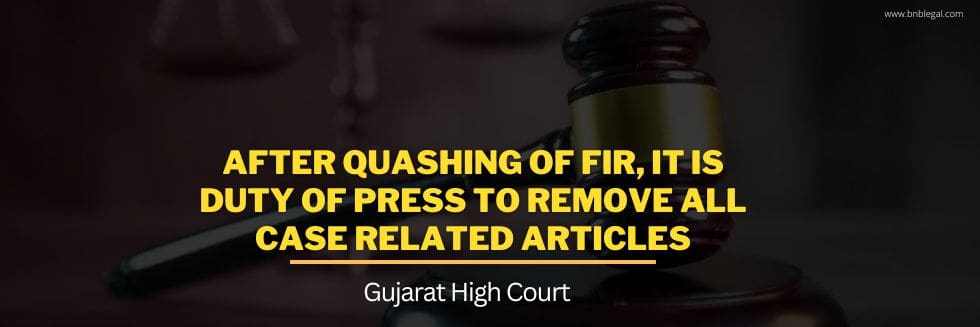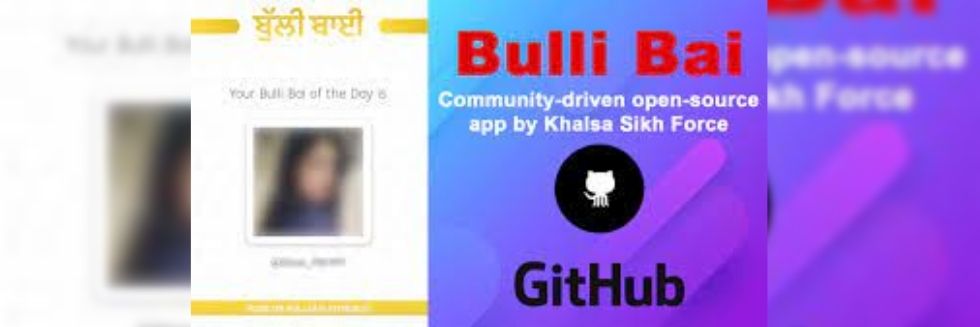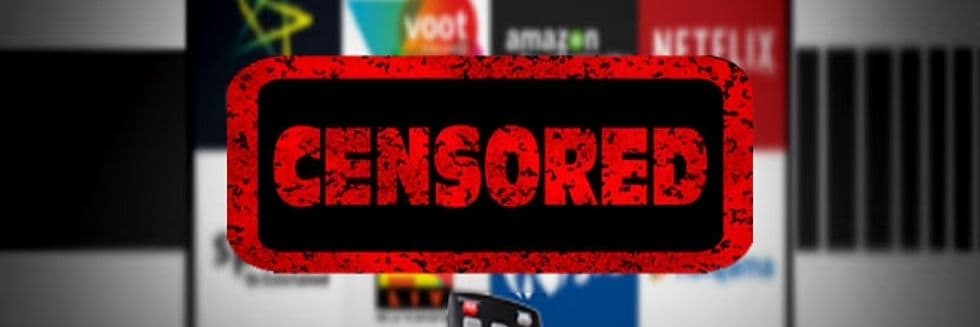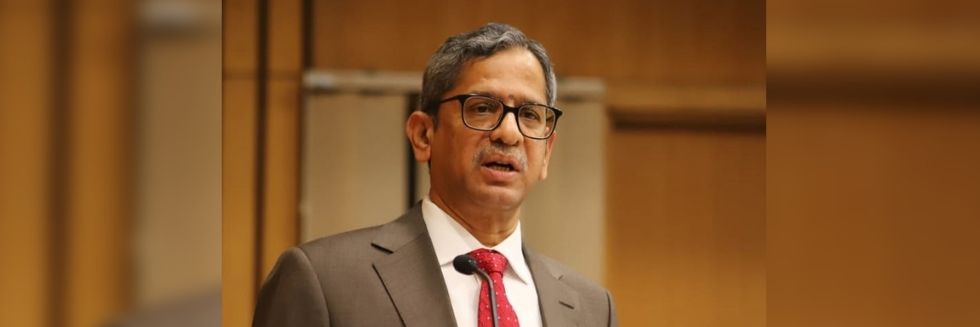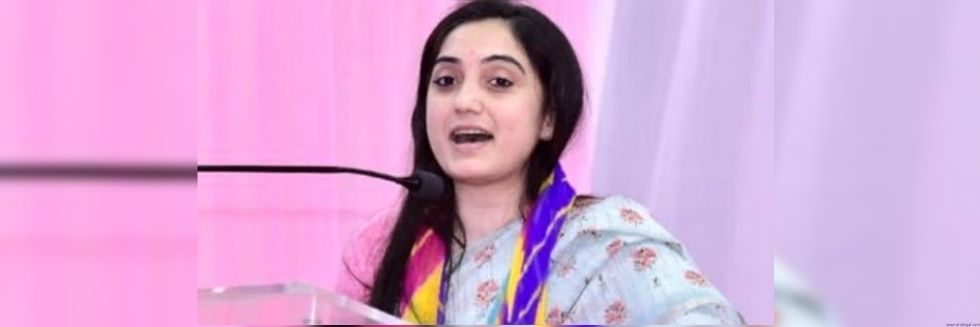On Thursday, the Gujarat High Court made an observation stating that if an FIR is quashed, the press should consider deleting related news articles. The court expressed concern that the continuous circulation of such articles could potentially damage the reputation of the individual against whom the FIR was originally filed. However, it’s important to note that the court did not issue a specific direction for the deletion of these news articles at this point in time.
The High Court bench comprising Chief Justice Sunita Agarwal and Justice NV Anjaria was hearing an appeal filed by an NRI businessman. An FIR was filed against him and 5 others in 2020.
A 30-year-old businessman in the chemicals industry filed an FIR, claiming that he was cheated out of Rs 3.55 crore under the guise of a gold purchase. The accused also allegedly coerced him into signing transfer of ownership forms and bills for the delivery of the gold, seizing his Porche Cayenne SUV valued at Rs 1.5 crore in the process. In addition, there are reports from a news organization suggesting the appellant’s involvement in havala and cricket betting.
Subsequently, the court quashed the case. However, despite the quashing of the FIR, certain articles associating the individual with criminal allegations persisted online. In response, he approached the High Court, requesting an order directing the private respondents, which include Google, Indian Express, Times Of India, and D.B. Corporation Limited (Digital Business), to take down the URLs and contents of the articles relating to the quashed FIR.
In February 2022, a single bench dismissed the writ petition, stating that issuing a writ to the private respondents was not permissible. The court also noted that the contested matters of fact might need resolution through suitable civil proceedings.
During the hearing on Thursday, Chief Justice Sunita Agarwal initially proposed that the appellant should approach a civil court to seek damages. However, advocate Virat G Popat, representing the appellant, argued that, at this stage, their primary objective is to obtain prompt and efficient relief.
“If the person is acquitted in the criminal case, you should delete those articles. That ends the matter,” Justice Agarwal said.
The court later inquired of advocate KM Antani, representing Times of India, why the respondents could not remove the articles. In response, he explained, “Initially, the newspapers carried an article stating that an offense was registered against the appellant. However, this Honorable court later quashed the FIR. Subsequently, another article was published in the newspaper stating that the original offense has now been quashed.”
“That is in the nature of clarification. But the previous article where you have stated you have published some criminal case has been lodged against him – that criminal case is not existing as on date. Why can’t you delete that article? Where is the technical issue?” Justice Agarwal asked.
Advocate Antani argued that the Court should consider the freedom of press while passing an order.
To which Justice Agarwal responded, “When you argue about freedom of press, the press can’t expect [everyone] to read both the articles simultaneously. If the article which shows that a criminal case is lodged against him, that is visible to the public, anyone may read that article only and may not read the subsequent article or clarification.”
“So, once the case is quashed, then it is the duty of the press to delete that. Because if there is freedom with the press, then there’s required to be transparency in the press as well. You are accountable for whatever you publish for the public,” she added.
Chief Justice Agarwal expressed her belief that this matter could be readily resolved. Advocate Antani assured the bench that he would communicate the suggestion to his client and ascertain their willingness to comply. Justice Agarwal added, “Please do, as otherwise we will bring it to the arena of right to privacy.”
The Court added, “Once FIR is quashed, nothing remains. Once that article is circulating or visible, that article gives the impression that there is a criminal case pending against a person. He may be a businessman, he may be a service person, but his goodwill is harmed by this act of the press, and press cannot seek any kind of immunity in this kind of matter.”
The matter has been posted for August 7 and gave the parties a chance to resolve the dispute.
